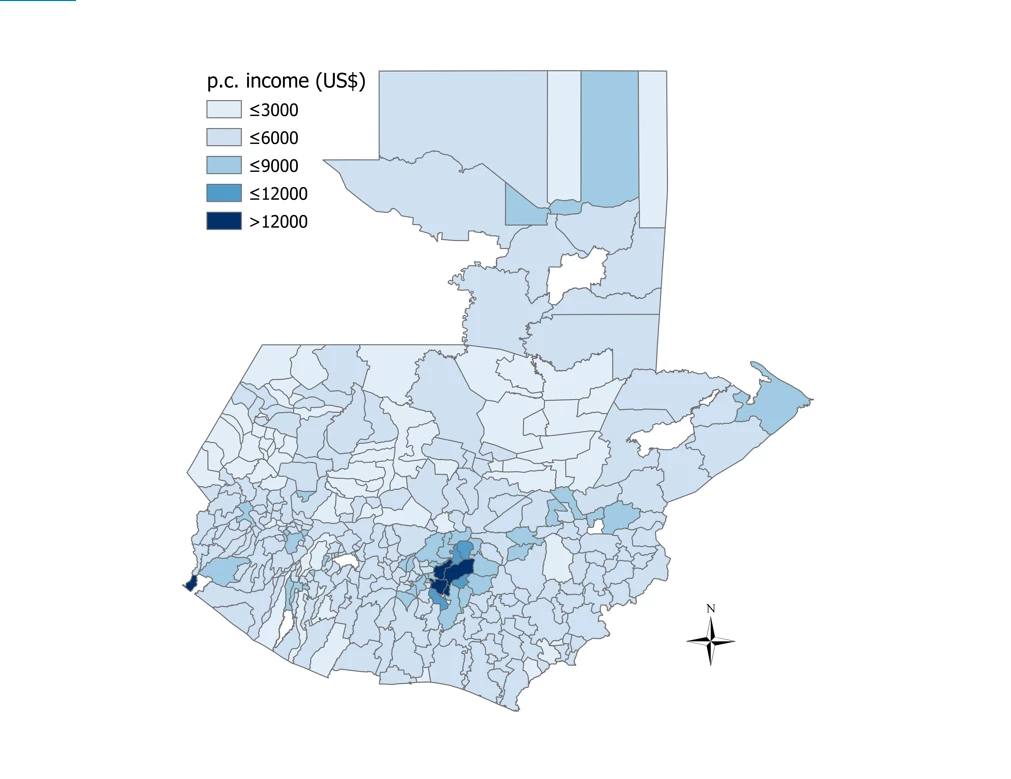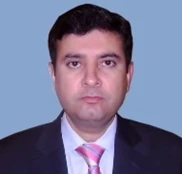
The Federally Administrated Tribal Areas (FATA) of Pakistan is a semi-autonomous tribal region in northwestern Pakistan, bordering Pakistan's provinces of Khyber Pakhtunkhwa and Balochistan and Afghanistan to the west and north. It consists of seven tribal agencies and six frontier regions and are directly managed by Pakistan's Federal Government.
FATA has been in the spotlight for all the wrong reasons. The region has seen conflict and instability for almost three decades. Since the start of the 21st century, it has suffered more with escalation in violence, forced isolation of its population by extremist groups and instability. But things have begun to change. The security operation in North Waziristan Agency has been followed by large scale programmatic/development interventions by civil authorities. This has resulted in decrease in violence, initiation of the return process for the internally displaced populations and the restoration of the writ of law.

Despite the government’s success in vaccinating children in other parts of the country and reducing polio transmission, the wild polio virus [2] could not be contained, given the large-scale movement of people from these areas. The majority of polio cases were from Pashto-speaking families living in inaccessible areas of FATA. North Waziristan and the Khyber Agency became a challenge for polio teams due to inaccessibility. Policymakers and technical experts in FATA acknowledged that violence, large scale population movements and inaccessibility, rather than people’s refusal to vaccinate their children, was the real issue.

 As the graph illustrates, there is a decline in the number of children who were inaccessible for polio immunization. It has dropped from 330,618 (31%) in January 2015 to 16,576 (2%) children in September 2015. Through our concentrated efforts to gain access to unimmunized children, the number of polio cases fell from 179 to 11 during this period.
As the graph illustrates, there is a decline in the number of children who were inaccessible for polio immunization. It has dropped from 330,618 (31%) in January 2015 to 16,576 (2%) children in September 2015. Through our concentrated efforts to gain access to unimmunized children, the number of polio cases fell from 179 to 11 during this period.
For sensitive areas such as North Waziristan and the Khyber Agency, continuous community-protected vaccination approaches ensure prolonged episodes of vaccination, reaching every child in every home. In these areas, teams carried out seven-day anti-polio vaccination campaigns as compared to the usual three-day campaigns in most parts of the country.
Refusals have remained well below 1% of the target population during 2015 and have plummeted further since May 2015. This trend is extremely positive and is likely to bring us close to the day of celebration when FATA will be declared polio-free.
[1] Secretary Law and Order/Planning and Development, FATA.
[2] Wild Polio Virus are field isolates and reference strains derived from polioviruses known or believed to have circulated persistently in the community. It invades the nervous system and causes irreversible paralysis in a matter of hours and sometimes causes death.
[3] http://www.latimes.com/local/la-me-measles-20140405-story.html


Join the Conversation